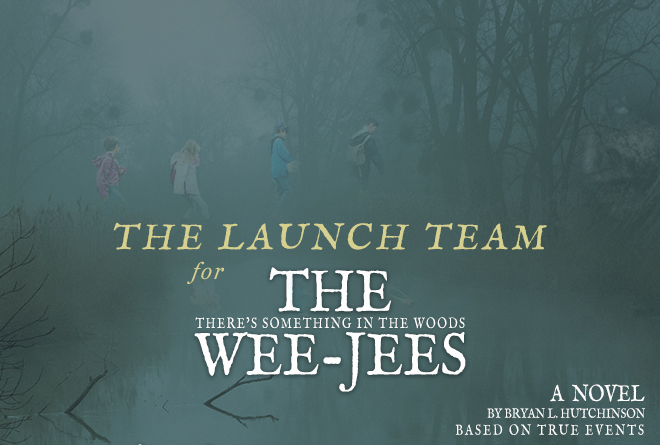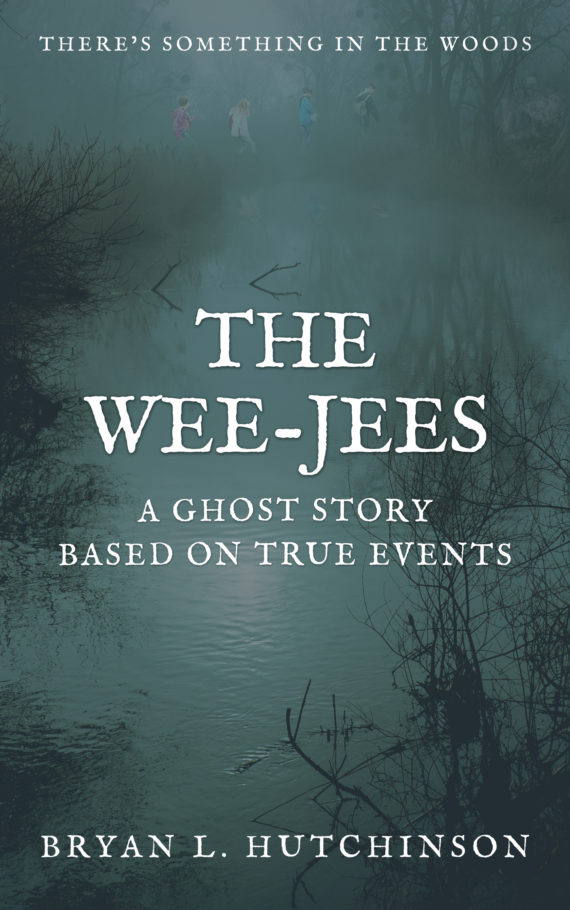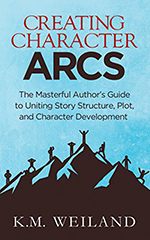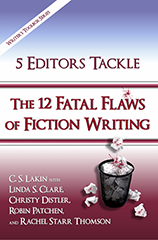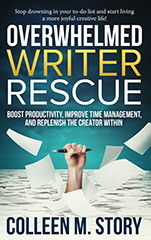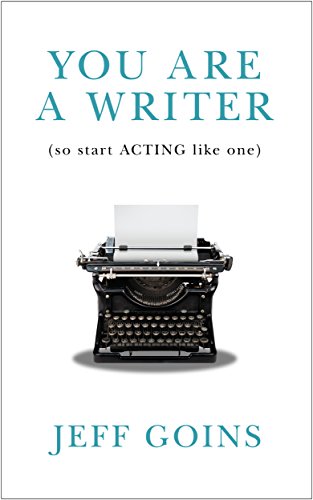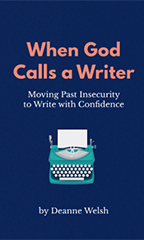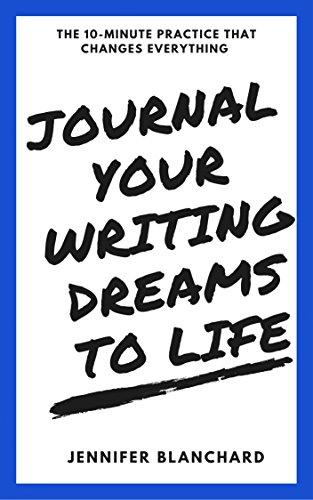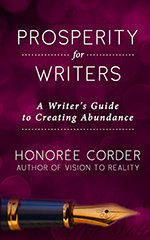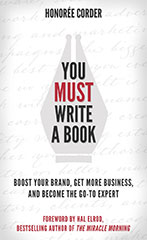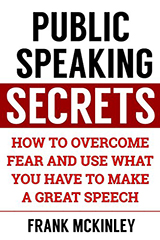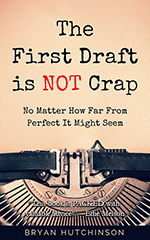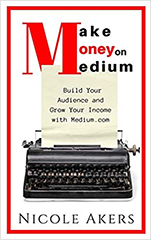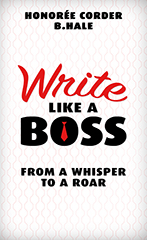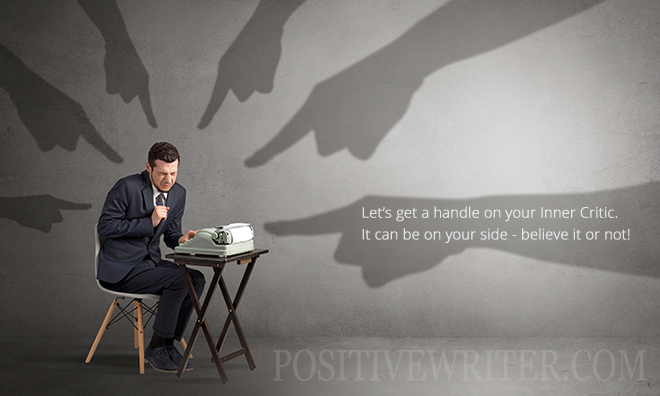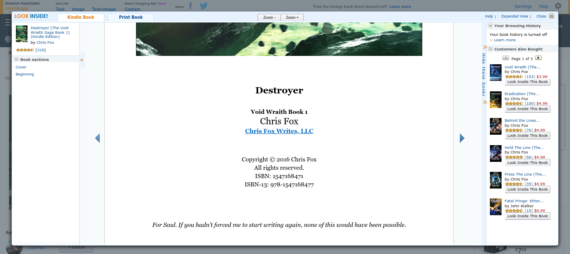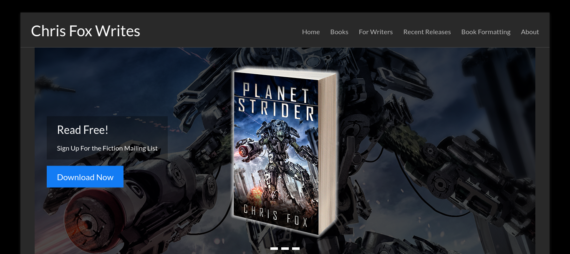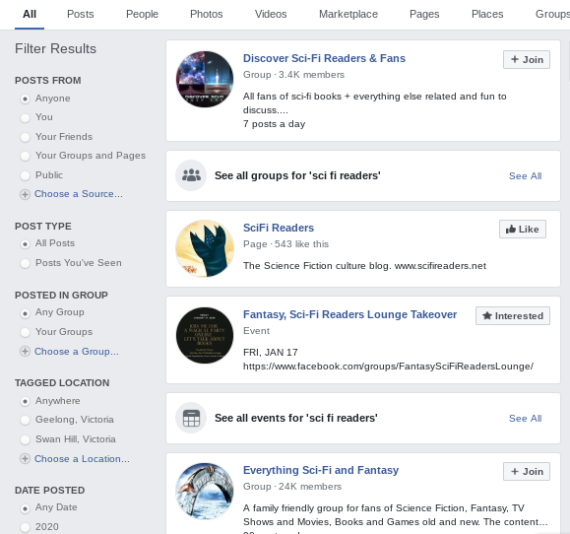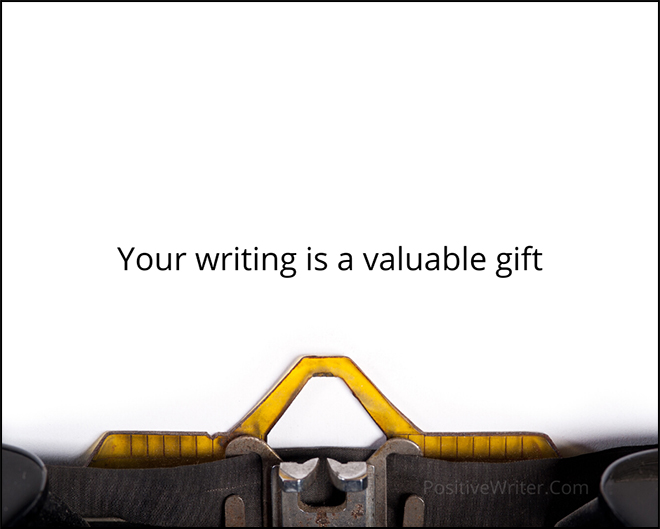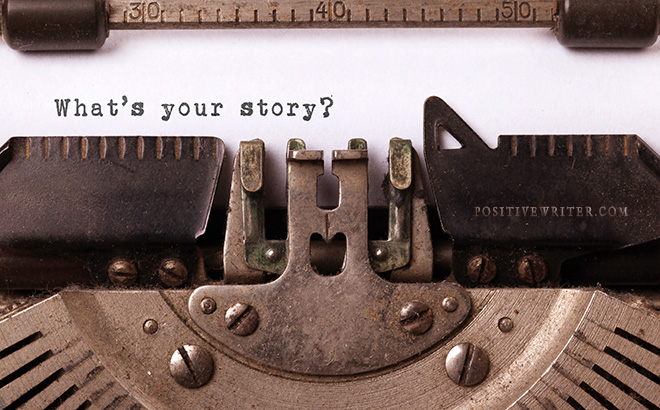Do you like a good scary story? Is your favorite movie the one that keeps you on the edge of your seat wondering what will happen next? And after the experience is over, do you find yourself telling everyone you know how great it was?
If that’s you, I’d like to invite you to join The Wee-Jees book launch team! We’ve got plenty of tricks and treats for you!

So what’s in it for you?
Cash, Gift Cards, and fun, different ways to get ’em!
What’s this book about?
A group of kids decide to play with a spirit board. They get an intriguing message that leads them on what they believe will be a fun adventure.
But everything is not what it seems…
What starts out as harmless fun soon turns into a terrifying game of cat and mouse with something dangerous and otherworldly.
And if that’s not terrifying enough …. this really happened to me!
If you’ve ever been scared by something unexplainable, you’ll love this story.
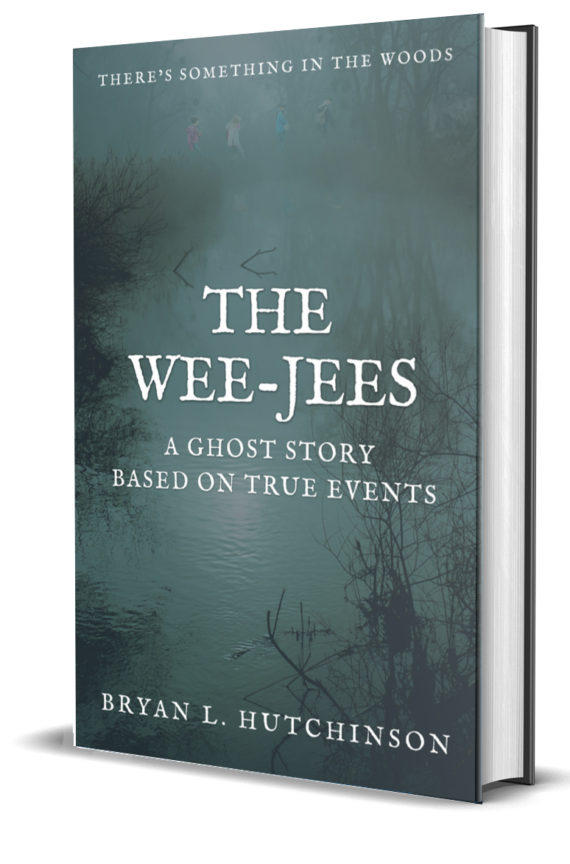
(Photo credit: Diana Palacios)
The book is available on these sites:
The chance to win some pretty sweet CASH prizes!
Yes, you read that right.
Most book launches don’t offer cash prizes for participating. But I’m so confident you’ll love this book, I’m betting you’ll have a blast telling your friends about it!
So I’m backing that with the chance to win real cash (and Amazon Gift Cards) that you can spend however you like.
Here are the prizes:
- First prize: $250, delivered via PayPal
- Second prize: $150, delivered via PayPal
- Third prize: $100 Amazon gift card
- Runner up: 5 people will each win a $20 Amazon gift card (drawings)
And a SPECIAL BONUS PRIZE for the TOP 3 WINNERS:
Each of the top 3 will receive a half-hour video conference with me—live! We’ll talk about ANYTHING YOU WANT when it comes to writing. Pick my brain! No question is out of bounds. Want to know my writing process? How I publish my books? My launch strategies? Just want to chat about your writing and learn how to make it even better? It’s your half-hour—so you decide what we’ll talk about!
You don’t need a huge following to win
The #1 key measurement to this contest is who can find the most creative ways to get the word out about the book!
#2 is participation in getting the word out during the launch. In fact, participation can turn out to be even more important as the goal is to a) inform as many people as possible about the book’s existence, and b) convince readers they should buy it and read it.
I want you to have fun with this. Do whatever you can with the time you have. A little enthusiasm goes a long way… and is highly contagious!
Here are a few ways you can help get the word out:
- Film yourself talking about the book and share it on all your social media accounts. You can do it however you want—talk to the camera, add some photos and narrate them, or create your own graphic video slideshow!
- Use iMovie and create your own movie trailer for the book. What would you see on the screen? Invite us to watch and share!
- Read a short passage with your best scary narrator voice—with pictures inspired by the book—and make that into an original spooky video!
- Write a book review on your blog or another platform that allows book reviews (follow each website’s own terms and conditions). Then tell us about it so we can share it!
- Post your thoughts about the book and images of the book to your social media accounts. (Here are images you can use click here.)
- Share blog posts I publish in October. (Everyone who shares a post should certainly enter to win the prizes! Why leave good money on the table???)
How will the contest be judged?
Glad you asked, the key to a good book launch is getting the word out. And that’s how the contest will be judged, on how contestants were able to get the word out using social media, traditional websites, blogs, podcasts, radio, and other unique ways you can think of.
Be sure to keep links and screenshots of your efforts to submit them to me by 3 November. Use this email address to send me your documentation: bryanpositivewriter (at) gmail (dot) com
There are no limits on how creative you can be.
If you need more ideas, look at what others have done in their book launches—and think about how you’d do it better. Your voice matters, and this is your chance to shine! And who knows? You might learn something so good you can use it in your own book launch. Then you can blog about it so others can benefit!
The Wee-Jees launches just in time for HALLOWEEN!
The official launch time frame is from October 1 to November 2, 2020.
Start thinking up some fun and creative ways to get the word out. The more fun you have, the more likely you are to win! 🙂
You can send me what you did for the prizes as of the 3rd of November. If you want to email me what you’re doing during the launch, by all means, please do!
Feel free to join the Facebook launch team group (click) here.
Here’s my email again: bryanpositivewriter (at) gmail (dot) com
To enter the DRAWINGS for the Amazon gift cards, go (click) here.
Please note that amazon reviews are excluded and cannot be included in any of the contests!


